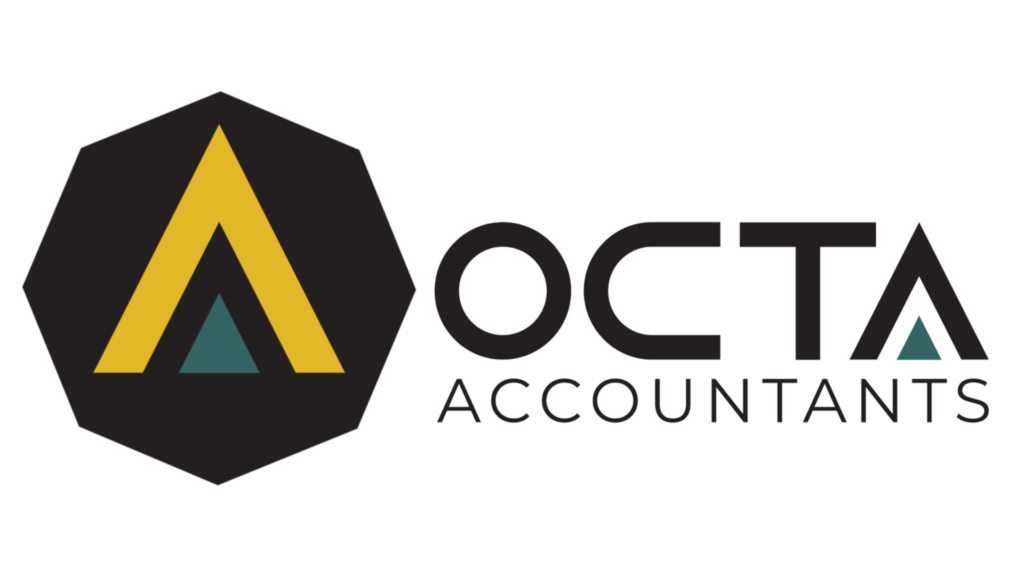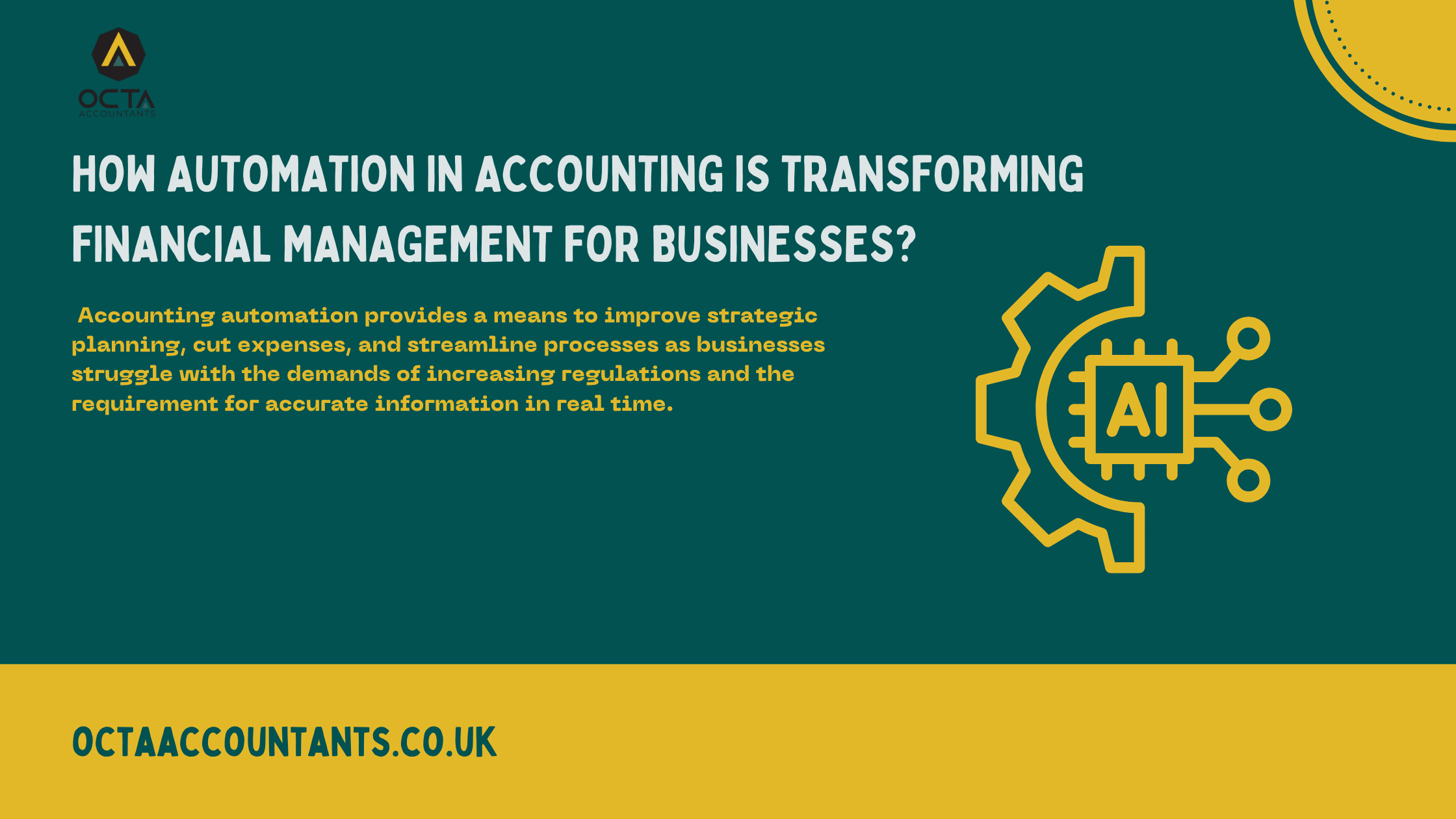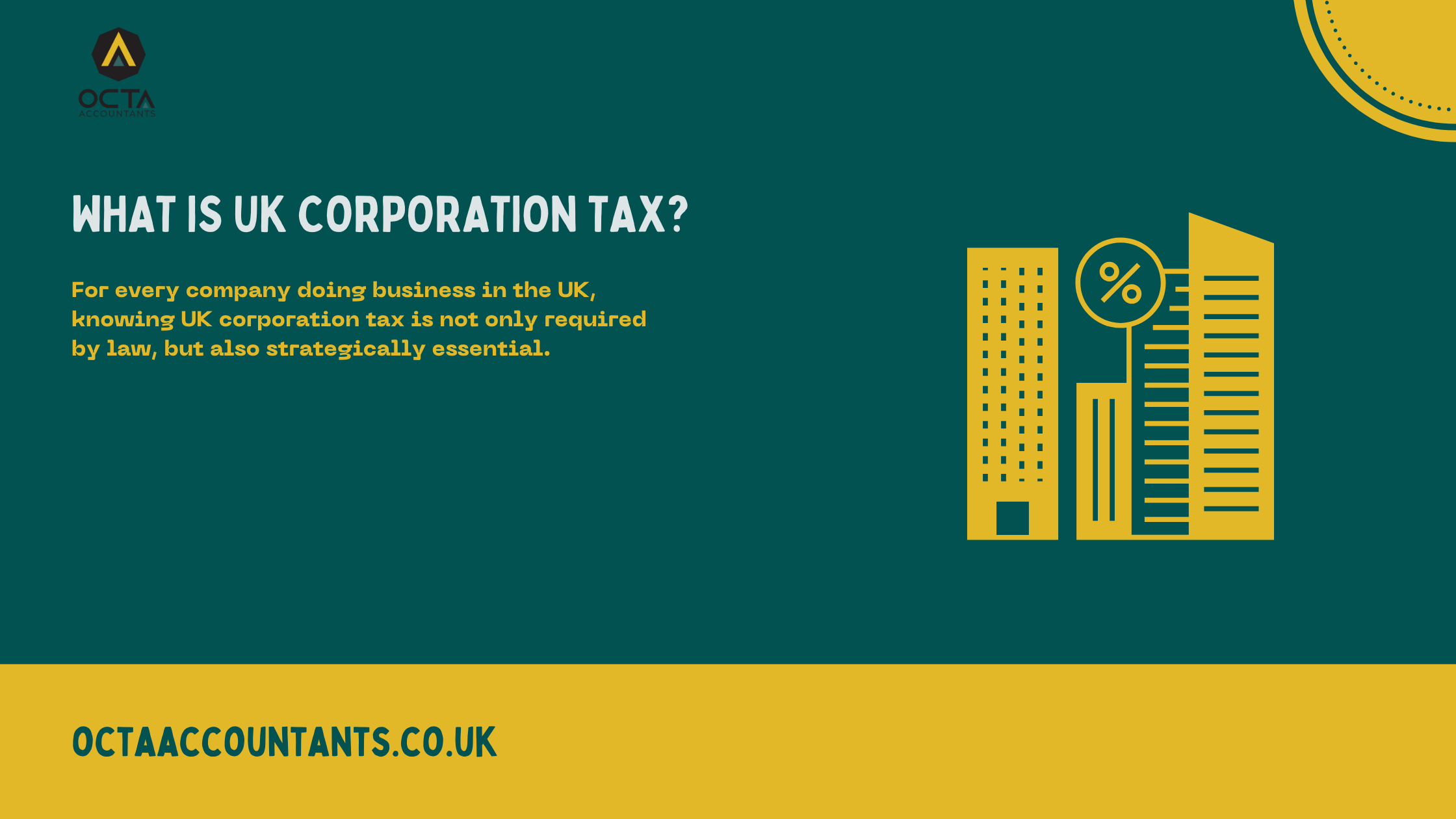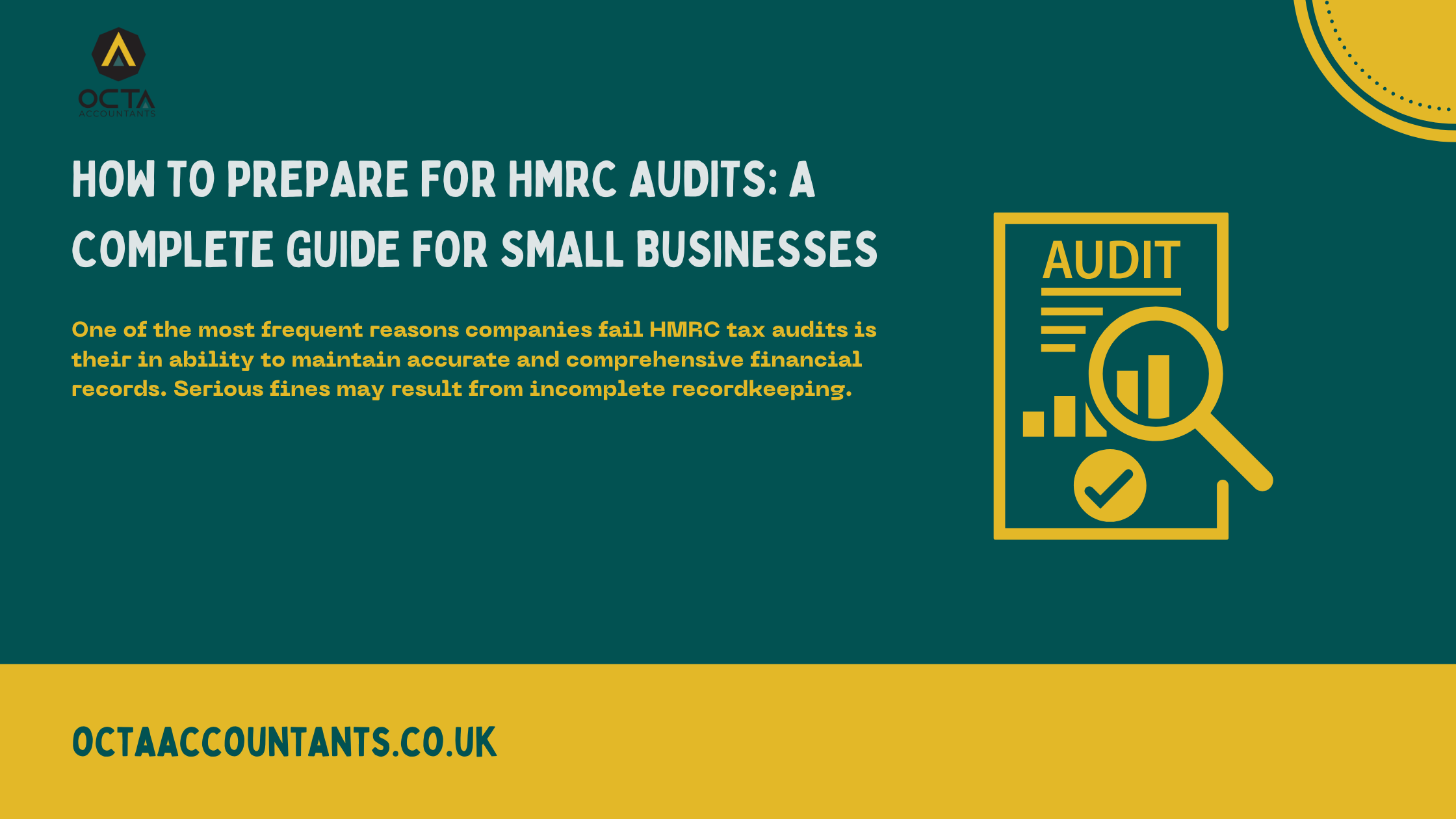
Octa Accountants

6 Min Read

Oct 3, 2024

Ecommerce Accounting
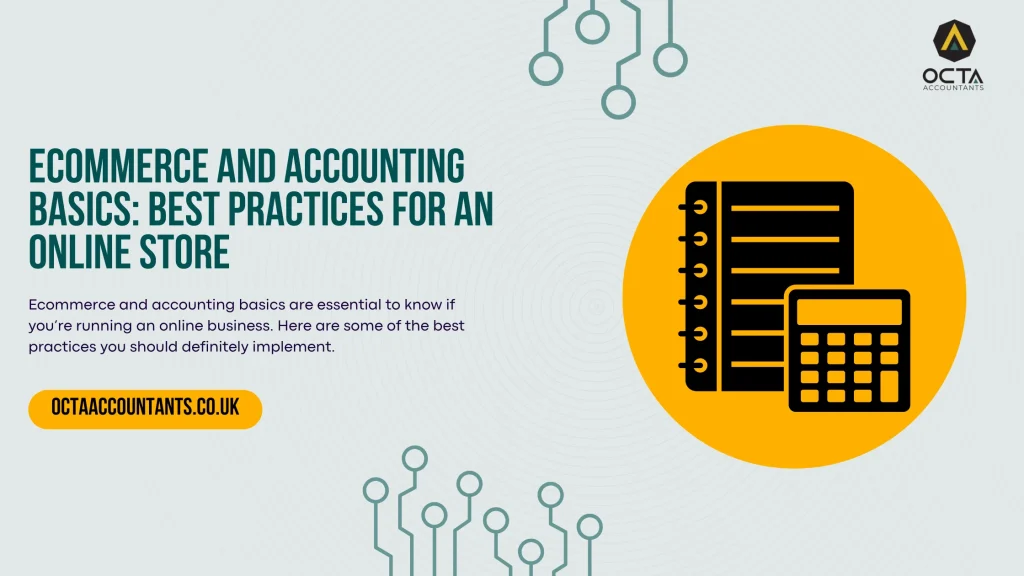

It goes without saying that being a successful eCommerce business owner, you need to keep your finances in check. Regardless of the type and size of your business- you may have a simple online shop or a fast-starting business, the financial accounts are an important element that decides whether your business is aspiring to be big, profitable, and legal with tax laws. So, let’s understand the basics of ecommerce and accounting.
Concisely, the accounting of eCommerce business is not simply the revenue and expenditure. It has certain issues like sales taxes, multiple- selling platforms and managing inventories at different locations in a business model. Whether you are selling on Amazon, using Shopify or have your own online store it is vital to have a strong accounting package appropriate for eCommerce.
While most conventional businesses deal with their products in one particular marketplace, eCommerce companies work in more than one marketplace. There could also be different charges depending on the platform, plus, methods of payouts and returns could also differ. Therefore there should be some changes that must be accounted for through proper accounting techniques.
Also Read: How to calculate VAT on Amazon Sales?
Coordinating inventories, shipping and stock management across different warerooms or fulfillment units is not easy. Lack of effective inventory management results to effects for example over stocking, under stocking or even missing revenue.
Basically, sales tax is a notable issue in the eCommerce business since it applies to each jurisdiction where the business sells products to a customer. If your clients are place in different states or even different countries, you may be bound by the laws to collect and pay the sales taxes. These taxes have to be accounted for properly to stay clear of running foul of the law.
Most eCommerce organizations operate on an intercontinental level; one complication that arises from this is the question of handling different currencies and exchange rates.
Navigating the complexities of eCommerce accounting can be overwhelming, but you don’t have to do it alone. At Octa Accountants, we specialize in helping online businesses streamline their financial processes, manage inventory, and stay compliant with tax laws. Whether you’re a small business or a growing enterprise, our expert team is here to ensure your finances are in perfect order—so you can focus on scaling your business.
Two basic accounting practices are cash and accrual accounting. According to the cash method, the transactions are recorded at the times of cash exchange. Accruals accumulate revenue and expenditure when earned or incurred ignoring the physical transfer of cash. The accrual method is chosen for use in a majority of eCommerce companies because it offers a better understanding of sustainable future performance.
Considering the fact that the eCommerce transaction is filled with all the factors shown above, manual tracking of all of them can be stressful at some point. If you’re doing your eCommerce business through a website or application, accounting becomes incredibly easy if you use special software or online platforms like QuickBooks, Xero, or Finaloop. First of all, the automation of some functions provides an opportunity to cut the working time and exclude the factors connected with the mistakes of employees.
There is, however, one issue that is arguably more important for any business, especially an eCommerce business – cash flow. When it comes down to inventory, advertising, and product delivery, things can quickly get a little costly. It helps to keep a tab on your cash flow, so you can avoid having an instance where you run out of capital to meet your cash needs.
Stock is perhaps one of the most significant costs that affect eCommerce enterprises. When you effectively manage your inventory, you won’t order products you have in excess, know your holding costs, and effectively manage information to determine when you need to restock.
Your total COGS is one of the essential values in calculating the true profit margin of your business. Expenses that must be included in COGS must be those costs that are approximately connected with producing and selling the concerned inventory. It is good to review the COGS regularly to ensure that products are priced correctly to reflect the company’s profit status.
That is it, at least in eCommerce, taxes can get convoluted. The sales tax laws differ slightly from one state to another, and the laws governing international taxes take it a notch higher. You can also refer to the choice of an accounting software package that is compatible with certain tax tools to assist you in making sure that you are making the right amount of tax collection and filing.
Any eCommerce business must track their Key Performance Indicators (KPIs) on a daily basis to help you improve your bottom line. Watch out for your gross profit margin, ROI, and CAC as the holidays draw near and ecommerce competition heats up. These indicators will provide direction on the financial position of your business as well as assist in decision making.
Periodic balancing of your books will help you verify that the books are accurate with the records in your bank. It’s basic for flagging inconsistencies as quickly as possible, like late payments, wrong bills, and other unlawful exercises.
You may want to consult an experienced accountant who deals with the eCommerce business as your company expands over time. Lawyers can bring important perspectives to your statements, help you meet your tax obligations, and give guidance on how you can earn more.
Also Read: What is QuickBooks & How to use it?
Accounting is a critical tool in any business, and more specifically in any eCommerce business., so understanding both Ecommerce and Accounting is essential if you’re running an online business. Plus, if you just maintain control over your finances, measure your KPIs, and integrate as much of your processes as you can, you will be making all the right moves, as far as business growth is concerned. When you have the right systems and the right people by your side, then it leaves you with time and headspace to do what you really need: scale your eCommerce store and become successful in the long term.
About Us
Octa Accountants is a one-stop accounting firm that offers a wide range of finance management services.
Our Blogs
How Automation in Accounting is Transforming Financial Management for Businesses?
How Automation in Accounting is Transforming Financial Management for Businesses? Octa Accountants 7 Min Read Apr 14, 2024 Technology Staying ahead of current trends is crucial for development and sustainability…
What is UK Corporation Tax?
What is UK Corporation Tax? Octa Accountants 7 Min Read Apr 14, 2024 Company Incorporation For businesses hoping to be legally and financially effective, navigating the complexity of the UK…
How to Prepare for HMRC Audits: A Complete Guide for Small Businesses
How to Prepare for HMRC Audits: A Complete Guide for Small Businesses Octa Accountants 7 Min Read Apr 14, 2025 Audit From overseeing daily operations to making sure financial records…
